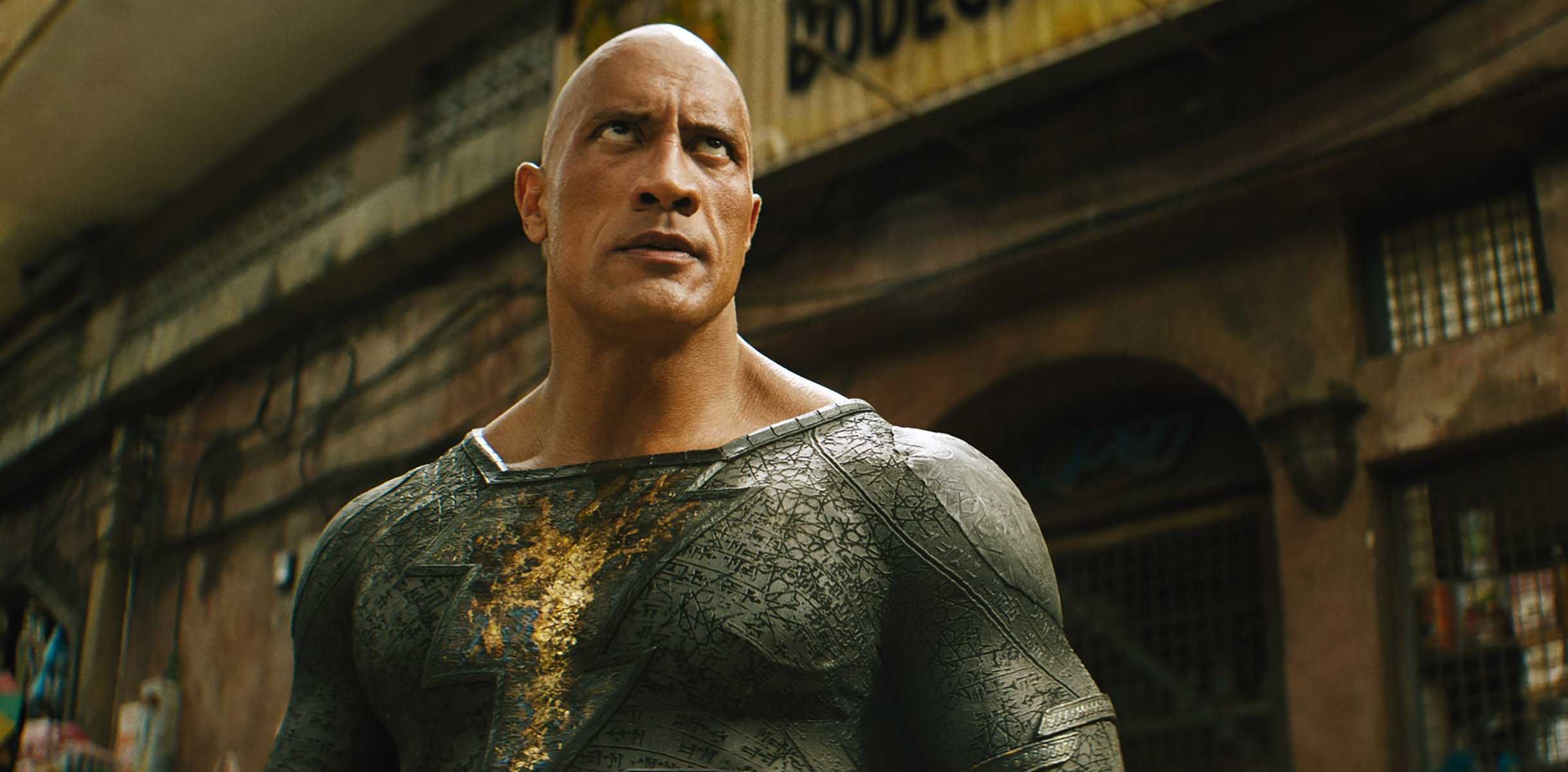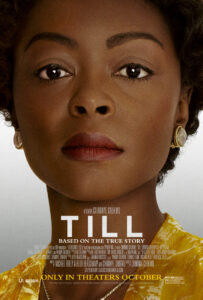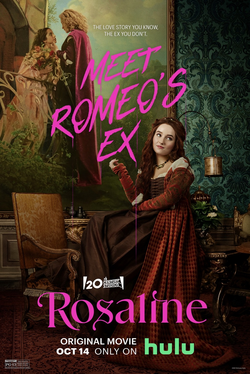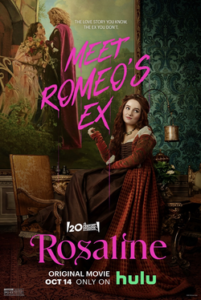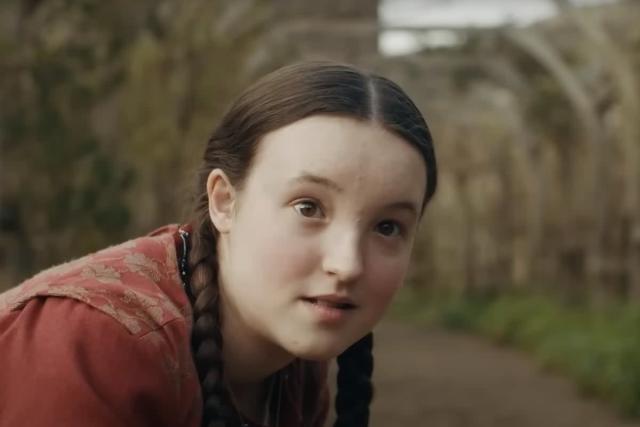Black Adam
Posted on October 20, 2022 at 5:04 pm
B| Lowest Recommended Age: | High School |
| MPAA Rating: | Rated PG-13 for sequences of strong violence, intense action and some language |
| Profanity: | A few strong words |
| Alcohol/ Drugs: | None |
| Violence/ Scariness: | Extended comic book/supehero peril and violence, many characters injured and killed including family members and a child held and gunpoint and another one murdered, |
| Date Released to Theaters: | October 21, 2022 |
| Date Released to DVD: | January 3, 2023 |

That was a cheeky nod to Johnson’s next role, the anti-hero of “Black Adam,” a DC Comics superhero/anti-hero, which has a lot of old-school superhero requirements — origin story, walking away from a huge fire without looking back, heroes in slo-mo, and someone looking up into the sky and moan/yelling “Noooooo!” Make that two “Noooooos!” It also has a bit of meta-humor about catchphrases and more recent addition to the expected elements: some Gen-Z superheroes, one for comic relief, and, much more welcome, a lot more diversity.
That mid-credit sequence in an animated movie for kids had a better understanding of what it means to be an anti-hero than this movie does. More seriously, it also had a much better idea of how to make the best of one of Hollywood’s most appealing actors. “Black Adam” (known as Teth Adam for most of the film) does not have a clear idea of where its title character should fall on the spectrum from anti-hero to hero. And he is tamped down emotionally for most of it, which means we get only glimpses of Johnson’s limitless charm.
We do get plenty of what we go to superhero movies for, though, big superhero fights with an assortment of well-crafted characters using their different powers. There’s a solid theme about an (imaginary but believable) resource-rich place that has been occupied by oppressive invaders for millennia.
It begins thousands of years ago, before the great civilizations of Egypt and Rome, in the Middle Eastern area known as Kahndaq. After many years of peace and plenty, a ruler arises who wants absolute power. He enslaves the population and makes them mine the country’s version of Wakanda’s vibranium and Pandora’s unnobtanium, oh and also the rings of power. This is called etermium, and a crown made out of it will give the wearer all the superpowers necessary to control pretty much everything. Just as a note, these folks are not the greatest with names. The thugs who are running Kohndaq have the most boring name possible for a bunch of menacing tough guys. They are called Intergang. Seriously. That’s like one of those incomplete programming jokes from “Free Guy.”
A young boy tries to inspire the enslaved people to challenge the king. Wizards pick someone to be a hero and bestow magical powers on him.
We will not find out the whole story of the hero’s defeat of that ruler until later in the film, but after the opening sequence, we are in present day, and Adriana (Sarah Shahi) is trying to retrieve the crown from the cave where it has been hidden for thousands of years, because she knows people are trying to steal it. Things don’t go well and the ancient hero is brought back to life as Teth Adam, who can not just fly but levitate and shoot lightning from his body. Even mercenaries with etermium-powered technology are no match for that.
Teth Adam’s literal scorched-earth approach attracts the attention of the Justice Society, and there is one of those tense but understated calls between Hackman (Aldis Hodge) and Amanda Waller (Viola Davis). I hope Hawkman gets his own movie, by the way. Hodge is wonderfully magnetic and his character’s wings are very well designed. He brings in his old friend (old in both senses of the word), Dr. Fate (Pierce Brosnan, all silky elegance and world-weariness), who has all kinds of tricks, including the ability to see the future. They are accompanied by two newcomers, Maxine (Quintessa Swindell), described as “a tornado with a 167 IQ), and the affable if a bit clueless Atom Smasher (Noah Centineo), who has just inherited the super-suit from his uncle (Henry Winkler!) and hasn’t got all the kinks out.
Teth Adam is presented as opposite to Hawkman because he does not worry about whether it is fair to kill the bad guys when not in a specific situation of peril. But the more interesting question that is raised is from Adriana, who points out that Teth Adam is from their community, while the so-called Justice Society are just another set of interlopers, Justics-splaining to people who cannot help wondering why justice did not seem so important during their centuries of occupation and abuse.
Of course, that’s just a very small part of the film. The rest is comic-book action, and all of that is well staged except for the key element that we are not given enough information about the powers and especially the vulnerabilities of all of the many superheroes. That makes even the most energetic and expertly staged conflicts less exciting than they could be. And Teth Adam does not meet the description of Johnson’s meta-description in the animated film. He’s not someone who has deliberately chosen to violate ethical principles. He’s more like the Terminator in the first film, just a shark-like machine who pursues goals regardless of collateral damage. His interaction with a skater boi teenager (Bodhi Sabongui as Amon) recalls “Terminator 2,” even to the kid’s insistence on providing Teth Adam with a catchphrase.
As Teth becomes more human by reckoning with the losses of his past, we begin to see a little more life in the character. But by then of course we are in the middle of yet another superhero battle, this time more emotionally charged because we have begun to care about the characters. The pilot light is still too low but it’s getting warmer.
NOTE: Stay for a mid-credit scene indicating which legendary character will be joining the cast in the sequel.
Parents should know that this movie has extended superhero/comic book peril and violence with many minor characters and a few major characters injured and killed, including a child held at gunpoint and another who is killed. There are some disturbing and graphic images including a character sliced in half, several burned to death, and a couple impaled. Characters use brief strong language.
Family discussion: What is the biggest difference of opinion between Hawkman and Teth Adam? What would you like to have as your catchphrase?
If you like this, try: “Man of Steel,” “Shazam,” and “Justice League”

